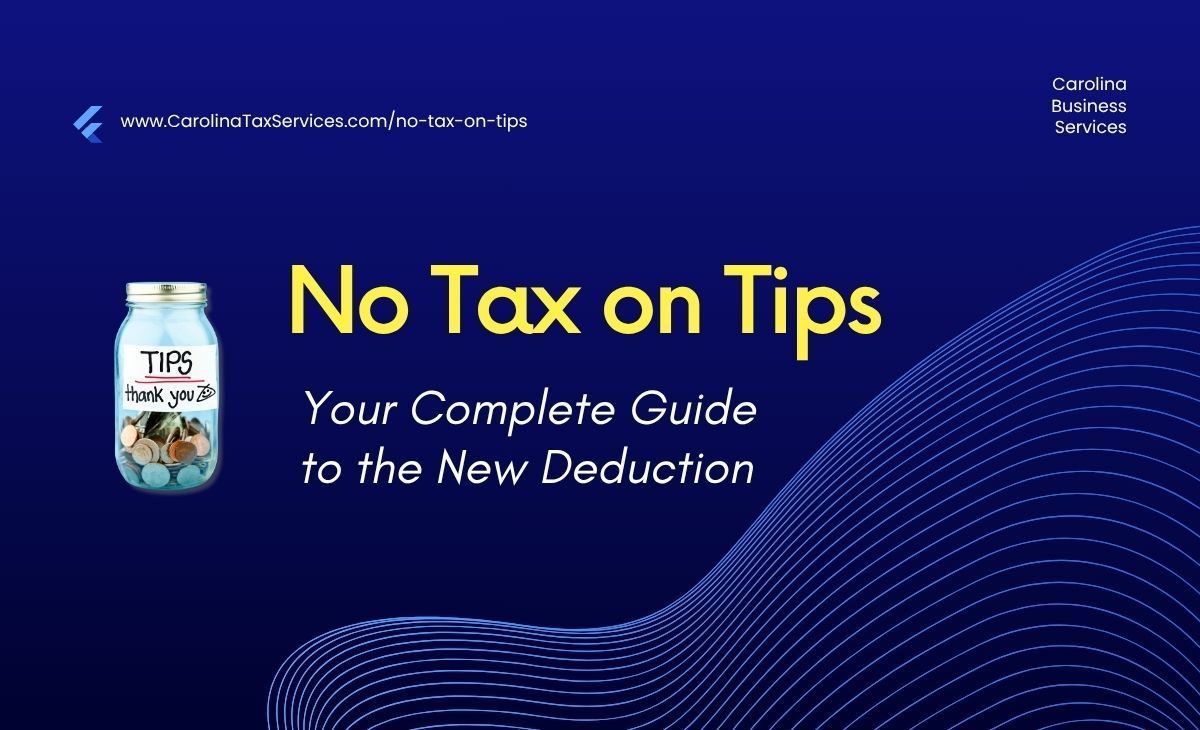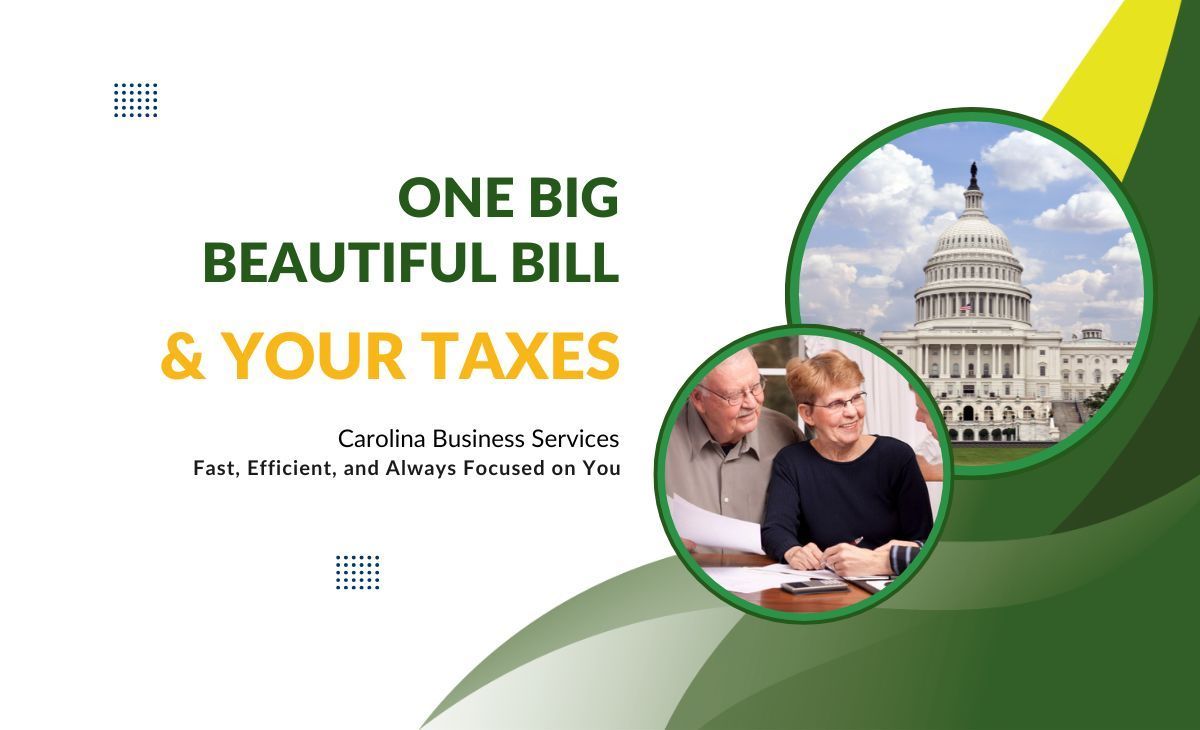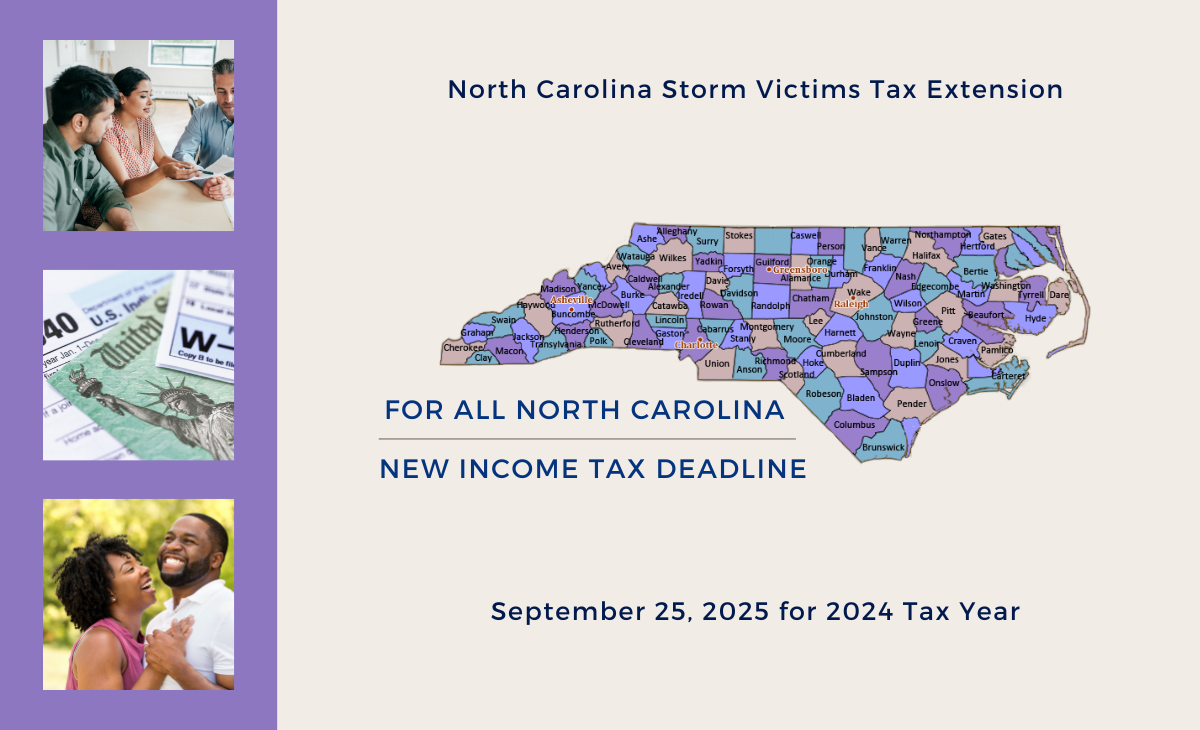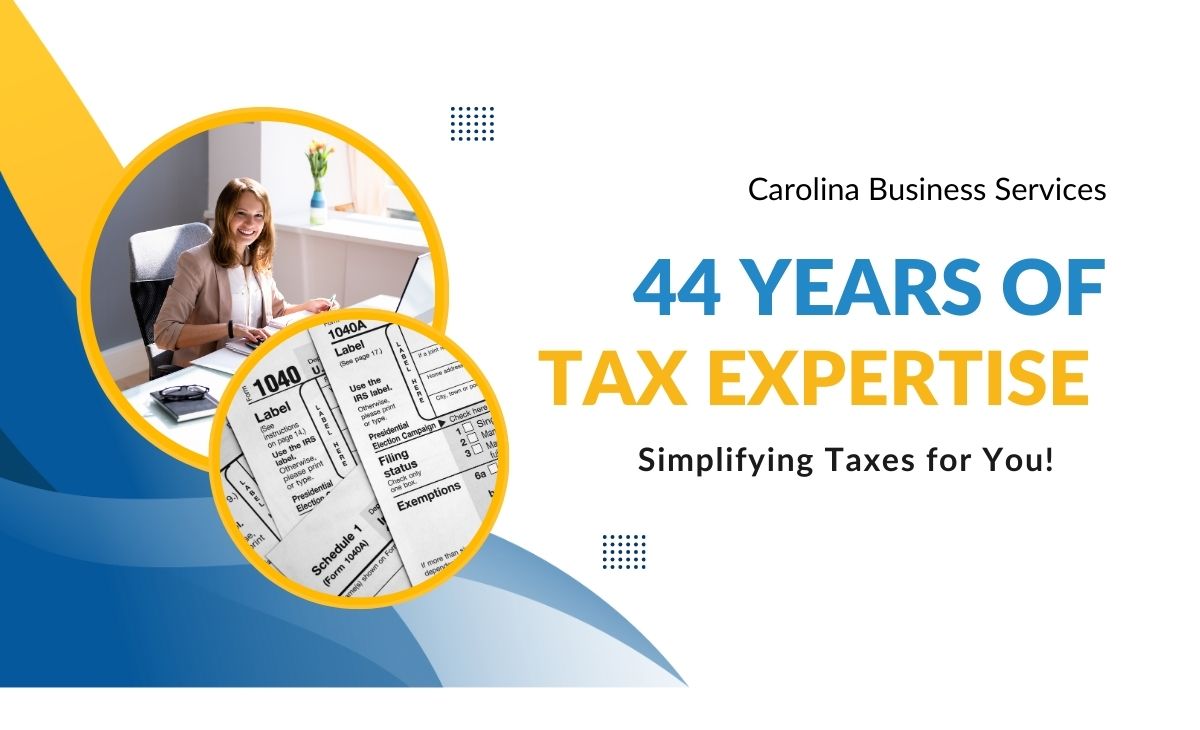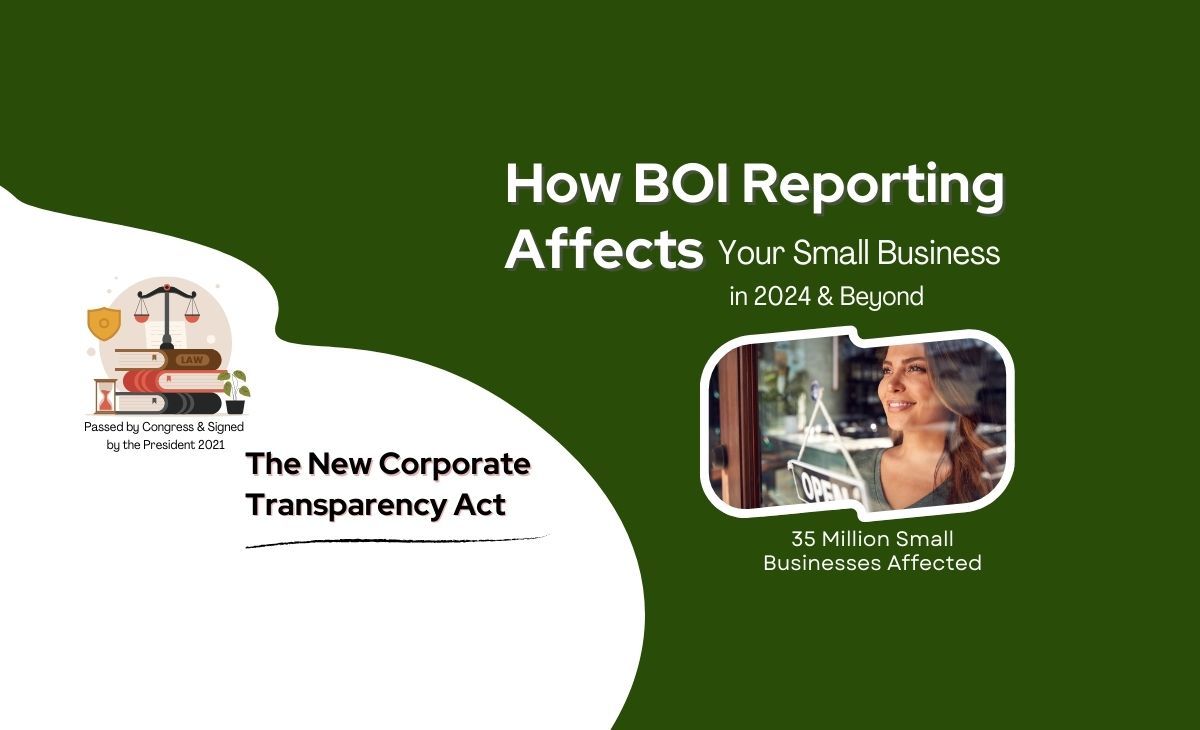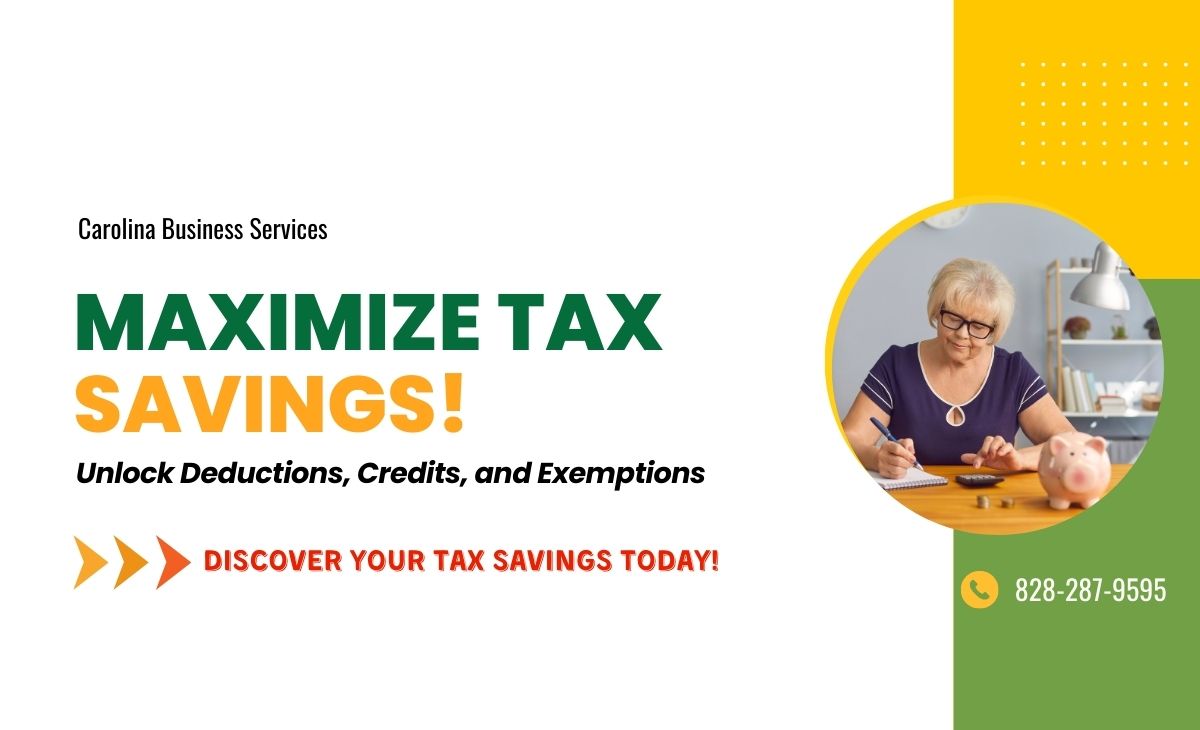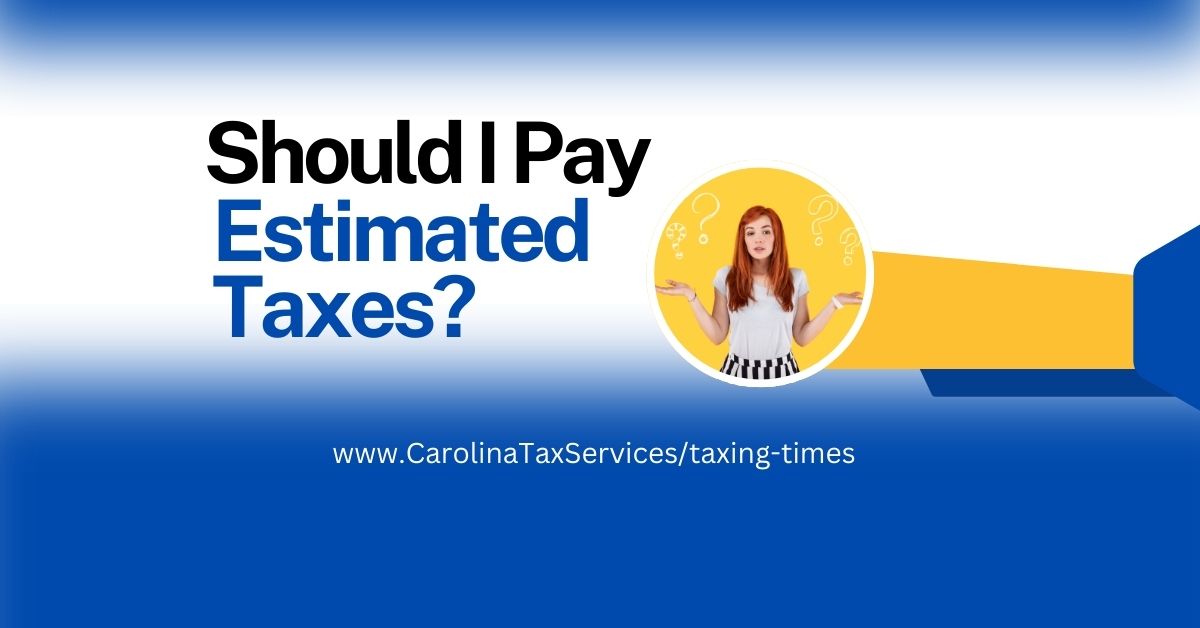Hobby or Business? The IRS Decides!
Hobby or Business
Learn How
The IRS Decides!

Have you ever made money from a hobby or side project and wondered if it qualifies as a business in the eyes of the IRS? This distinction is crucial because it affects your tax obligations.
Whether you’re selling homemade candles, crafting custom jewelry, baking those famous cupcakes everyone raves about, or offering services as a freelance writer, photographer, or musician, understanding how the IRS views your activity can save you from unexpected tax consequences.
Should Your Hobby Be Classified as a Business?
Deciding whether to treat your hobby as a business involves several important considerations. Here are some factors to help you make the right decision:
1. Tax Deductions vs. Simplicity
- Tax Deductions: Classifying your hobby as a business allows you to deduct expenses such as office supplies, advertising, and business-related travel. This could significantly lower your taxable income.
- Simplicity: Operating as a business requires more detailed record-keeping and additional tax forms, which might complicate your tax filings. If simplicity is your goal, it may be easier to keep it as a hobby.
2. Growth and Profitability
- If your hobby has the potential to generate significant income and you’re committed to scaling it, treating it as a business is likely the best route. Businesses benefit from tax advantages and can better position themselves for growth.
3. Enjoyment vs. Obligation
- Running a business involves more than just your passion. It requires time, effort, and a focus on profitability. If the thought of formalizing your hobby into a business takes the fun out of it, you might prefer to keep it as a hobby.
IRS Red Flags: Hobby or Business?
Understanding whether your side project is a hobby or a business is crucial because the IRS treats them differently. If your activity qualifies as a business, you can deduct business-related expenses, even if you’re not yet profitable. However, if the IRS considers it a hobby, you must report income, but you can’t deduct expenses, potentially leading to a higher tax bill.
1. Intent to Make a Profit
- Are you primarily motivated by the potential to make money? The IRS looks at whether your primary goal is to generate profit. If you’re regularly seeking ways to increase income, your activity may be classified as a business.
2. Record-Keeping
- Are you keeping detailed financial records? Businesses typically track income, expenses, and profits carefully, which is something the IRS expects from legitimate businesses.
3. Time and Effort
- How much time and effort are you putting into your activity? A serious time commitment suggests you’re operating with the intention of turning a profit, a key factor in business classification.
These are just a few of the factors the IRS will evaluate. If your answers align more with businesslike behavior, it’s time to start treating your hobby like a business for tax purposes.
Real-Life Examples: Hobby Turned Business

Hayden’s Jewelry Business
Let’s look at Hayden’s experience. Hayden started making jewelry on the weekends as a creative outlet. Initially, it was just a fun hobby. But when orders started pouring in from friends, family, and then strangers online, Hayden had to rethink the situation: Is this still a hobby, or has it turned into a business?
By setting up a proper record-keeping system, developing a business plan, and investing in marketing, Hayden successfully transitioned from a hobbyist to a small business owner.
This transition is common, and recognizing when it’s happening can save you from unwanted IRS scrutiny. If your activity is generating regular income, and you're treating it like a business, it’s likely time to classify it as one for tax purposes.

Mia’s Baking Venture
Mia had always loved baking, especially creating intricate cakes for family and friends. What started as a passion for baking on weekends quickly turned into something more when she began receiving requests for custom cakes from people outside her circle. Soon, Mia spent most of her free time baking and delivering cakes. She even considered buying professional-grade equipment and expanding her reach by creating a website.
Mia found herself at a crossroads: should she continue treating baking as a hobby, or was it time to consider it a business? After evaluating the time and effort she was putting into this activity, as well as the potential for growth, Mia decided to take the leap. She formally registered her business, set up an LLC, and took advantage of tax deductions related to her baking business. Mia’s Cakes is a thriving small business today, and she’s glad she made the switch.
10 Questions the IRS Will Ask About Your Hobby
A Quick Checklist
- Is your hobby genuinely aimed at making a profit?
- Do you have the expertise to run this activity as a successful business?
- Are you investing significant time and effort into growing the activity?
- Do you keep detailed records of income and expenses?
- Have you adjusted your methods to boost profitability?
- Do you rely on income from this activity?
- Have you profited from similar activities before?
- Do you expect future profit from the appreciation of assets?
- Are losses due to circumstances beyond your control or start-up costs?
- Have you made a profit in three out of the last five years?
If you answered "yes" to most of these questions, your hobby might be a business in the eyes of the IRS.

Common Misconceptions
About Hobby vs. Business Classification
Understanding the differences between a hobby and a business can be tricky, and many people hold common misconceptions about this classification. Here are a few myths that need debunking:
Myth 1: I Don’t Need to Worry About Taxes Until My Hobby Is Profitable
Even if your activity is currently operating at a loss, you still need to consider tax implications. The IRS requires you to report all income on your tax return, regardless of whether your activity is profitable. This means that even if you’re just making a little money on the side, you must include it on your tax return. Failure to report any income amount can lead to penalties, and the IRS might reclassify your hobby as a business if they find that you’re actively pursuing profit, subjecting you to additional tax obligations.
Myth 2: It’s Just a Hobby if I’m Not Making Money Yet
Some people believe that their activity can’t be considered a business if they aren't making a profit. However, the IRS doesn’t just look at profitability; they also consider your intent to make a profit. If you’re actively trying to generate income and treating your activity like a business, it may still be classified as such, even if you haven’t made a profit yet.
Myth 3: Casual Side Gigs Aren’t Considered Businesses
Another common misconception is that small-scale activities, such as selling handmade crafts at local fairs or offering freelance services sporadically, aren’t considered businesses. However, suppose you’re regularly engaging in these activities with the intent to make a profit. In that case, the IRS might view it as a business subjecting you to the same tax obligations as larger enterprises. Remember, whether it’s a full-fledged business or a side gig, all income must be reported to the IRS.
Key Takeaways
Deciding whether your hobby is actually a business can be a bit tricky, but it’s an important step to ensure you're handling your taxes correctly. Remember to consider your intent, how much time and effort you’re putting in, and how you manage your finances. These factors will help you determine the proper classification for your activities.
If you ever feel uncertain, seeking advice from a tax professional can provide clarity and peace of mind.
Frequently Asked Questions (FAQ)
Is There a Specific Income Limit for Hobbies?
Some people think there’s a specific income threshold—an "IRS hobby income limit"—below which their activity is automatically considered a hobby.
In reality, no set income limit defines whether an activity is a business or a hobby. The IRS looks at various factors, such as your intent to make a profit, how you conduct the activity, and the regularity of income.
Regardless of how much money you make, all income from your hobby must be reported on your tax return. The IRS will evaluate your activity based on a holistic view rather than just your income level.
Can I deduct expenses for a hobby that sometimes makes money?
No. Current tax laws as of 2024 do not allow you to deduct expenses related to a hobby.
You must report all income, but you can’t offset it with related costs.
How does the IRS determine if my activity is a hobby or a business?
The IRS looks at several factors, including your intent to make a profit, the time and effort you put in, and whether you conduct your activity in a businesslike manner.
What happens if the IRS classifies my business as a hobby?
If the IRS reclassifies your business as a hobby, you may lose the ability to deduct business expenses, which could result in a higher tax liability.
How can I avoid IRS scrutiny if my business is experiencing losses?
Keep detailed records, operate in a businesslike manner, and have a clear plan for profitability.
Showing a commitment to growing your business can help avoid IRS scrutiny.
What if my hobby starts making money after years of losses?
If your hobby starts making a profit, it’s time to re-evaluate.
The IRS generally classifies an activity as a business if it has generated a profit in three of the last five years.
What is the 3-year hobby rule?
The "3-year hobby rule" is a guideline used by the IRS to help determine if an activity is a business.
If your activity has produced a profit in three out of the last five years, the IRS presumes that it is being conducted for profit and is, therefore, a business.
Exception: For activities involving horses, the IRS allows a presumption of profit if there is a profit in two out of the last seven years. However, the IRS may consider other factors before making a final determination.
Additional Resources
To ensure you're making informed decisions about whether your hobby is a business, explore these trusted resources that offer detailed guidance and practical advice.
- IRS Fact Sheet PDF: Is Your Hobby a For-Profit Endeavor? This fact sheet from the IRS provides a detailed overview of the key considerations when determining whether your activity is a hobby or a business. It includes the IRS’s nine factors to help you evaluate your situation.
- Clear Explanation from the IRS: Know the Difference Between a Hobby and a Business: This resource offers clear definitions and examples to help you understand the distinction between a hobby and a business, making it easier to classify your activities correctly.
- Hobby Income from Kiplinger: What It Is and How It’s Taxed: Kiplinger’s article explains the tax implications of hobby income, providing practical advice on how to handle hobby-related earnings on your tax return.
- From Score.org: Is Your Business at Risk of Being Classified as a Hobby? This resource from SCORE offers tips on how to document your activities and prove to the IRS that you’re running a legitimate business, not just engaging in a hobby.
- Taxpayer Advocate Service: Your Voice at the IRS: The Taxpayer Advocate Service (taxpayeradvocate.irs.gov) is an independent organization within the IRS that helps taxpayers resolve problems and understand their rights. This resource can provide additional support if you're facing challenges with the IRS regarding your hobby or business classification.
- Seek Professional Advice: Carolina Business Services: A professional tax preparer can make a big difference in guiding you through these complexities, ensuring your activities are classified correctly to take full advantage of tax benefits.
Disclaimer: This article is for informational purposes only and does not constitute legal, tax, or financial advice. Please consult a qualified professional to address your specific needs and ensure compliance with applicable laws.



